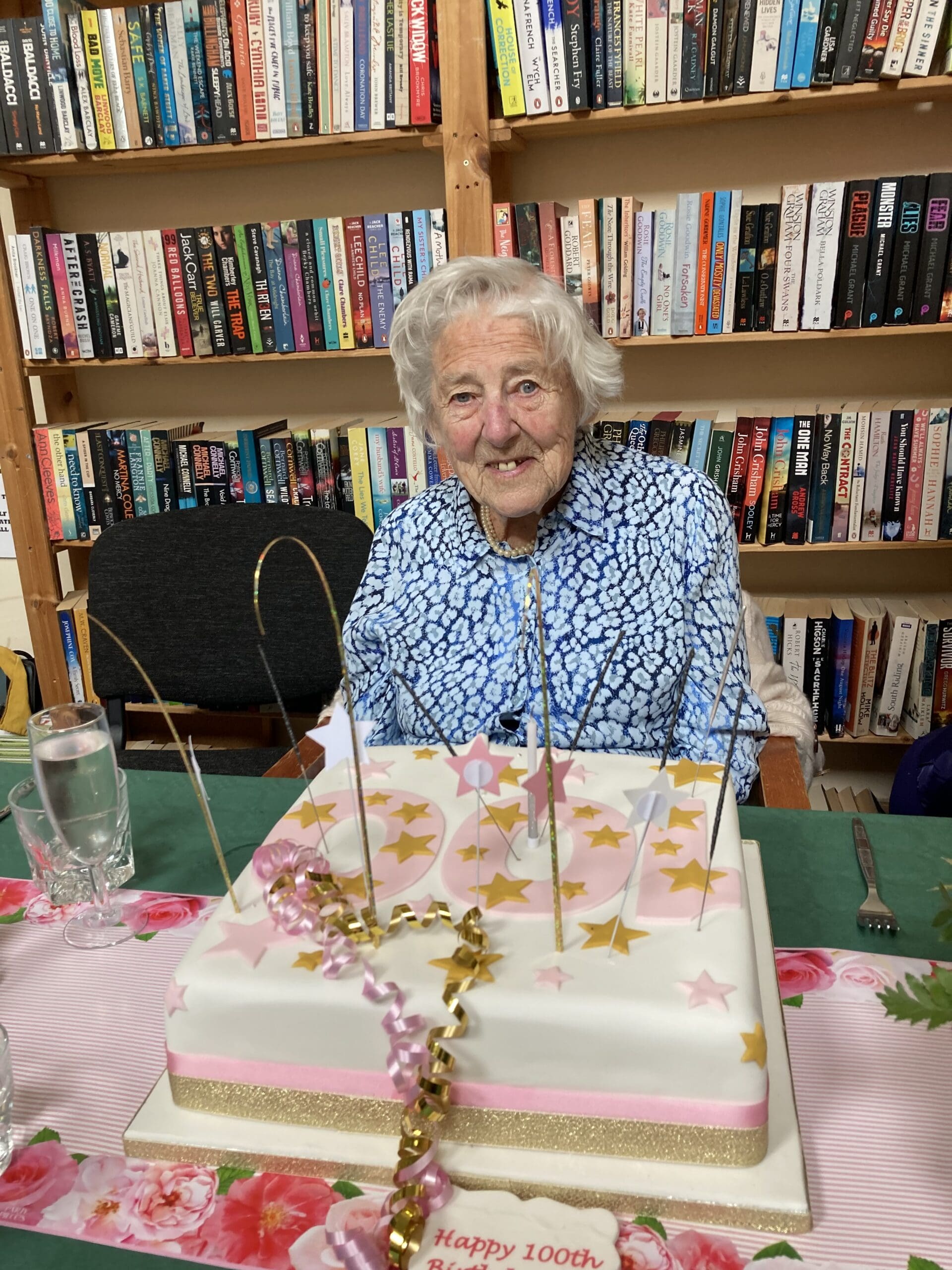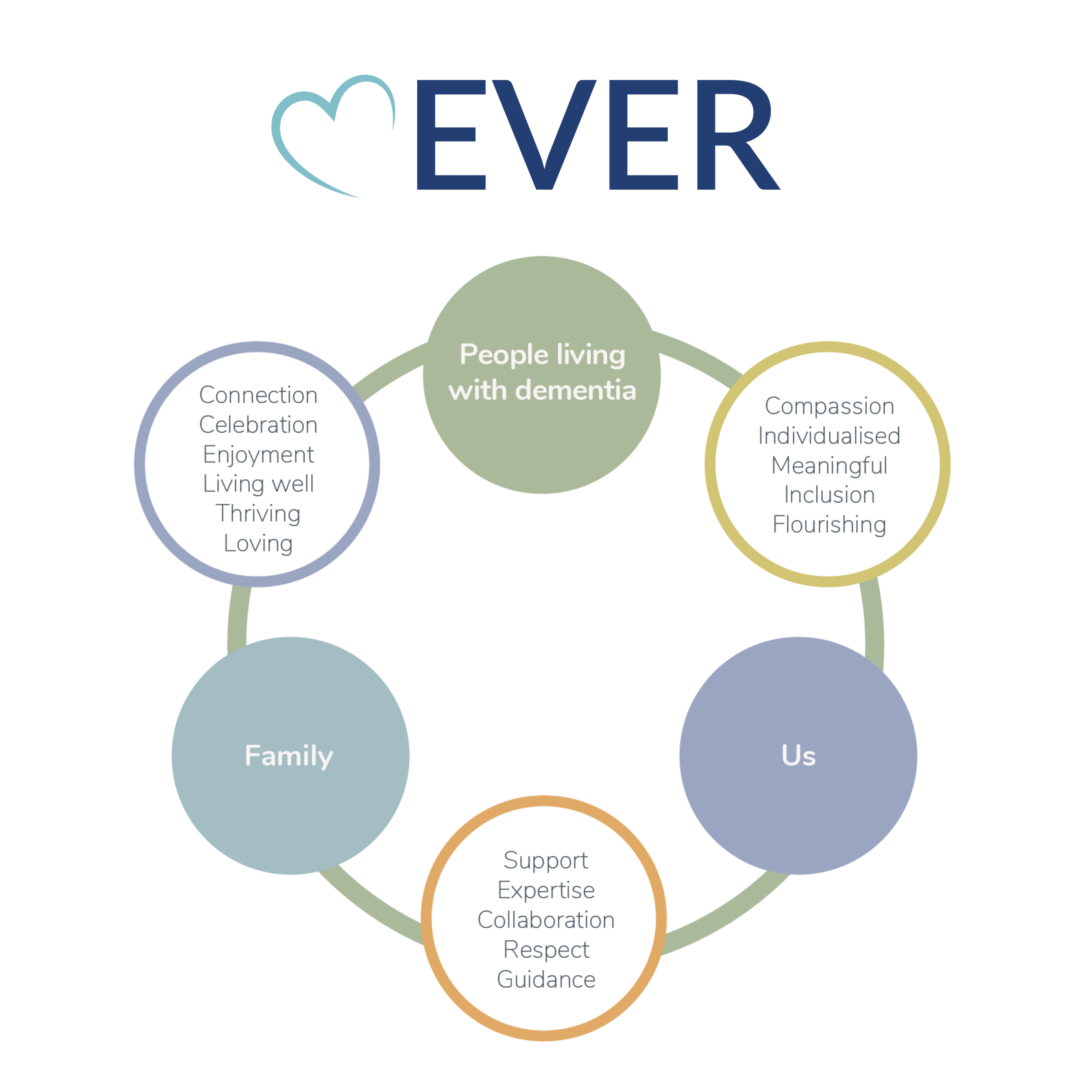Parkinson’s disease is a progressive neurological condition that causes problems in the brain that develop over time. Parkinson’s develops when cells in the brain stop working properly and are lost over time. These brain cells produce a chemical called dopamine. Symptoms start to appear when the brain cannot make enough dopamine to control movement properly.
The benefits of exercise
Exercise is an important part of maintaining an active and healthy lifestyle. For people diagnosed with Parkinson’s, regular exercise can be very helpful in preventing or reducing their symptoms as well as help to improve their balance, mobility and coordination.
Individuals with Parkinson’s can significantly benefit from maintaining a regular exercise routine, benefits include improved physical health, reduced stress, and better sleep patterns.
You do not need a gym membership or to leave your home to begin exercising. You can enjoy all the benefits of a regular exercise routine right in your own home through various exercises. Here are some of the best exercises for people with Parkinson’s disease:

Walking
Walking is the perfect low-impact exercise for people with Parkinson’s.
You do not even have to leave your home to begin walking or jogging. Walking or jogging in place has many of the same benefits as walking outdoors or on a treadmill and it allows you to keep a chair or table nearby for support. If you would like to increase the intensity of your walk, try incorporating some hills or stairs.
Yoga
Yoga can help you improve your core strength, balance, and flexibility. Posture-based yoga exercises can also help strengthen your postural muscles and lead to better balance while walking. Yoga is also a great stress reliever that may help reduce anxiety or depression.
Pilates
Pilates is suitable for all ages and fitness levels as it is a gentle and low-impact form of exercise. Similar to yoga, pilates can help strengthen your muscles while improving balance, coordination, and flexibility.
Light weightlifting
Lifting light weights can help improve your strength, flexibility, and coordination. Improving your strength has vast benefits for people with Parkinson’s. As the muscles get weaker due to Parkinson’s, it becomes more difficult for a person to maintain their balance which can lead to dangerous slips and falls.
Start with low weights and increase them gradually when you feel it is safe to do so.
Other activities
Move to music
Engaging with daily activities that involve movement to music like dancing, marching, singing, and swaying. Dancing, especially with a partner, can improve balance and coordination.
Cook together
Cooking is a great hobby for anyone looking to express their creativity while making something useful. Cooking and sharing meals is the perfect opportunity for some socialisation. Cooking can also help to Increase appetite – by preparing your own meals, you can choose what ingredients go into the food which makes it easier to control your nutrition or follow specific dietary recommendations.
You can read more about the benefits of cooking and baking here.
 Gardening
Gardening
Gardening is a good form of low-impact exercise that can have a beneficial effect on your health. Spending a few hours in the garden a few days a week can help improve strength and endurance. Our carers can support you in the garden and assist you with activities such as lifting, bending, potting and weeding.
Leisure activities
Not all activities need to be intense or physically demanding; mental “exercise” is an important part of improving your day-to-day life. The brain is another muscle you need to keep active in order to maintain and improve your cognitive ability.
Games
Games like “word association” are great for cognitive stimulation. Try to find games oriented toward language, reasoning, and memory. You can play online or with an in-person group.
Craft activities
Doing something creative can help to boost confidence and improve quality of life. Creative activities can include art, model making and creative writing. Working on a creative project can soothe frustration in people with Parkinson’s. Remember to reassure your loved one that art is about the creation process, not the finished result.

Reading
Encourage your loved one to listen to or read news or current events. Listening to audiobooks can also help stimulate seniors’ brains, although you may have to limit this activity to brief intervals due to concentration issues.
Music
Listening to music stimulates several different parts of our brains. Music activates the areas of our brains responsible for hearing, our awareness of rhythm and harmony, our emotions and sense of meaning, and physical movement. Connections between these areas can boost our motivation to get going and keep moving.
Remember: ‘’every person with Parkinson’s experiences their condition differently and will have different limitations. It’s important to find a form of exercise that you enjoy and can perform safely’’.






